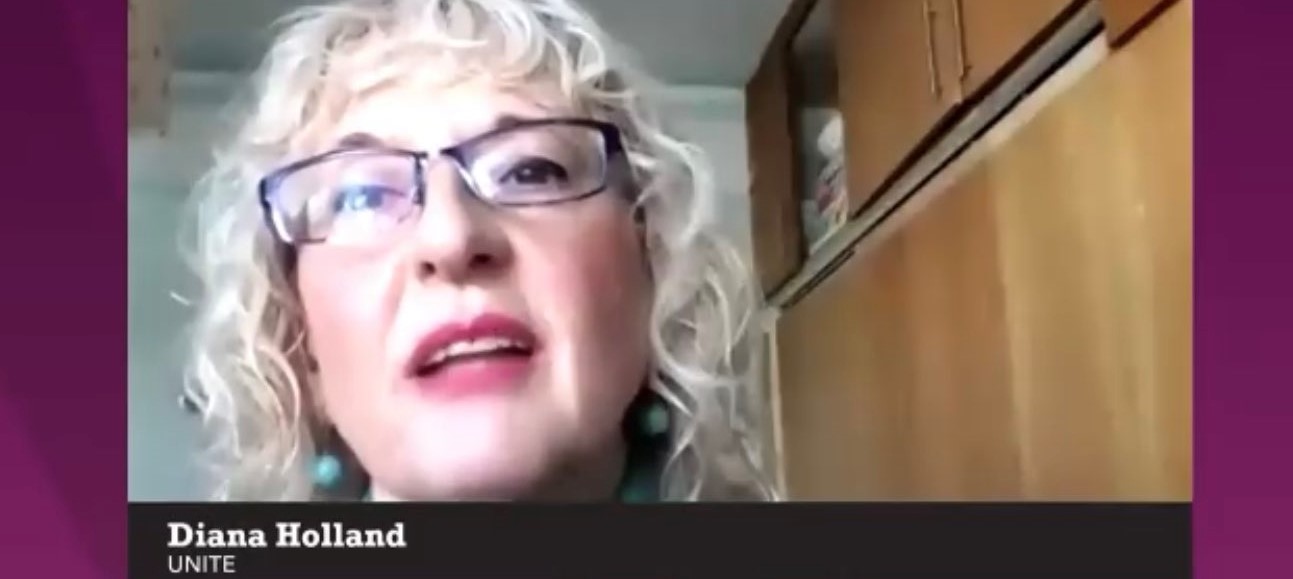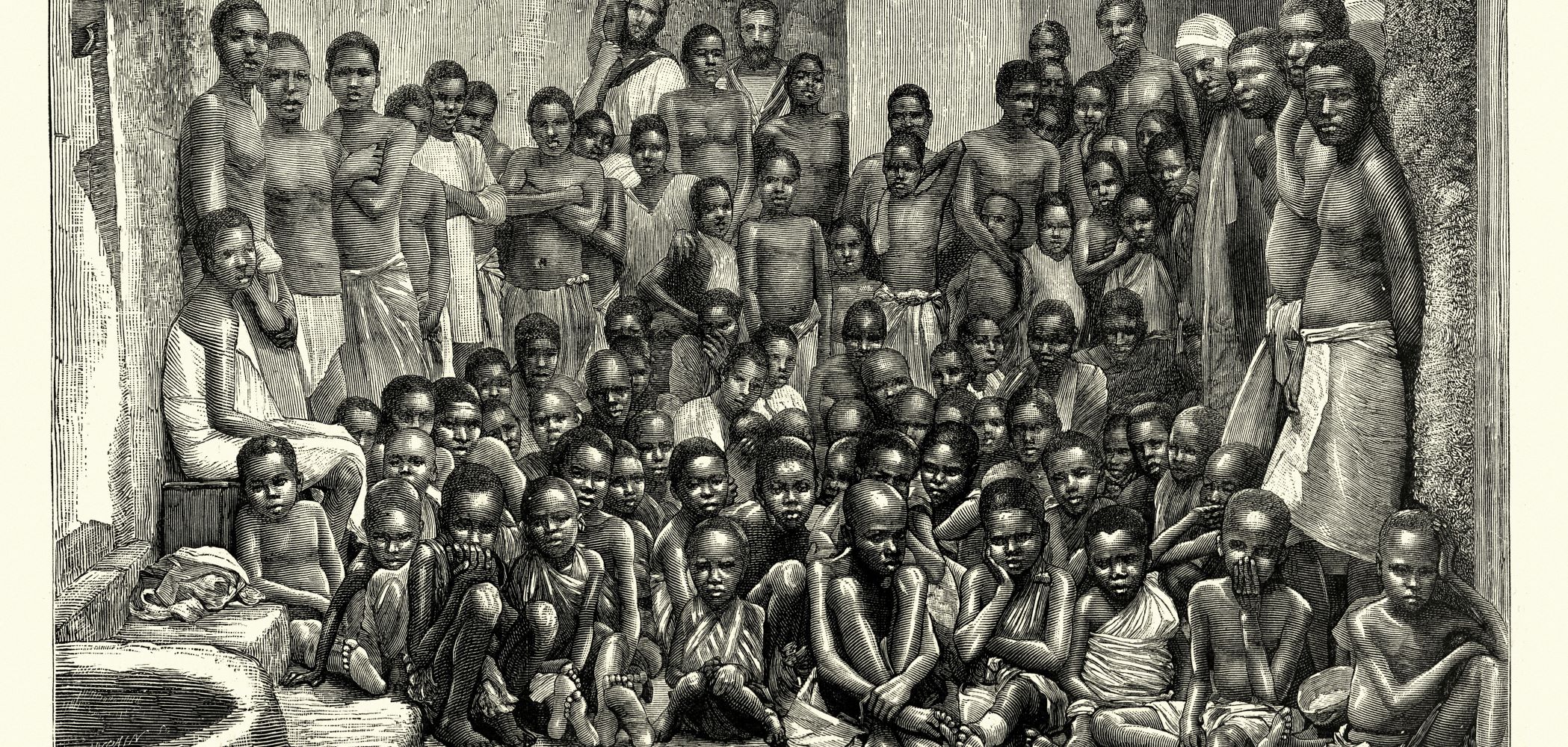And the fight goes on…
It’s been more than a century since International Women’s Day was first proposed, but the pressing need for a day for women to voice their demands in their struggle for equality has hardly dissipated.
In the UK, the gender pay gap is stubbornly wide – men earn 19 per cent on average more than women and this figure balloons astronomically after women have children or when, for example, only part-time roles are examined. Women are overrepresented in low-paid jobs such as hospitality and are underrepresented in highly paid jobs, in board rooms, in political office and other positions of influence.
Caring responsibilities fall disproportionately on women – whether it’s caring for children or older relatives – which hits their future earnings and as a result their pensions.
Sexual harassment and domestic violence are a stark reality for far too many women, whose situation is compounded as services such as women’s refuges are slashed under government austerity cuts.
In fact, this government’s budgets – which one might think are, for all intents and purposes, gender neutral – have disproportionately taken from women, with an astounding 86 per cent of savings from tax and benefit measures since 2010 coming from women’s pockets.
And on an international scale, the ascendancy of reality star and businessman Donald Trump – who is noted for his rank misogyny – to arguably the most powerful position in the world as US President means that International Women’s Day on Wednesday (March 8) takes on a revitalised sense of urgency.
Unite is supporting a range of events on the day and urges all members, regardless of gender, to stand up in solidarity with women everywhere.
Among these events is a demonstration organised by Women Against State Pension Inequality (WASPI) held at 1pm at Westminster in protest against the way in which the government has introduced changes to the women’s state pension age.
More than 2m women are affected by these changes and some don’t even know that the changes have happened – some will have to wait up to six extra years to start claiming their pension and will be tens of thousands of pounds of pocket.
Women in construction
Unite will also use International Women’s Day to launch the union’s Women in Construction Network at the TUC Women’s Conference on March 8 at 1.15 pm.
The Network aims to be an inclusive forum for women in the industry to discuss the issues they face.
Unite, as the UK’s largest construction union, is leading the way in bringing in more women into manual roles. Women are massively under-represented in construction – only 12 per cent are women and they are mostly concentrated in secretarial, administrative, design and project management roles.
Getting more women into construction Unite believes is part of a wider aim to end the pay gap by recruiting more women into more highly paid jobs. Traditional â€women’s work’ tends to be relatively poorly paid, while stereotypically â€men’s work’ systematically pays more. Ending job segregation, Unite argues, will be key in closing the gender pay gap.
Although equal pay is a central campaign for trade unions, there are issues beyond pay that affect women in and out of the workplace, and so Unite has taken up their banner in the fight for social justice.
In Ireland, for example, women do not have the right to personal and body autonomy. The country’s 8th amendment effectively serves as a constitutional ban on abortion, leaving Ireland one of the only countries in the developed world in which women are forced to carry an unwanted pregnancy to term regardless of the women’s health or personal circumstances.
That’s why trade unions, including Unite, are leading the call for a repeal of the 8th amendment at a March4Repeal demonstration on International Women’s Day tomorrow (March 8) in Dublin. Protestors will demand the government name the date for a referendum, which was promised last year during Ireland’s general election.
These are only a handful of the events Unite members are taking part in across the UK. The TUC’s annual Women’s Conference also starts on March 8 and there are a host of regional events Unite will be supporting as well.
Among these are a South West TUC event in Bristol, a Unite community film screening in Glasgow and a Unite London and Eastern event featuring speakers discussing women who’ve stood against the state.
You can find out about any more events happening in your local area by contacting your regional equalities organisers here.
Budget
And as Unite is out in full force on International Women’s Day tomorrow participating in a range of local and national events, the government’s budget falls on the very same day.
Unite national officer for equalities Siobhan Endean argued that women’s demands must be heard loud and clear as the government announces its budget, which will have a major impact on women.
“On International Women’s Day, Unite is joining hands with women across our economy who are looking to our politicians look outside the Westminster bubble, reflect on the evidence of the real impact of austerity on women, and vote for a budget that will resonate with women and restore hope that we can rebuild our economy,” she said.
“The cuts in public investment are hitting home for women in our communities. Our children are going to school hungry as women are struggling to make ends meet. Our community spaces and support are being closed down and we are plugging the gaps in care by caring for our children and older or disabled relatives.”
Endean noted that this all sits in a much wider context. After all, in total, 70 per cent of the government’s austerity measures have fallen on women’s shoulders compared to men’s and the pay gap persists at 19 percent less than men.
Pay gap
Black, Asian and Minority Ethnic (BAME) women face a larger pay gap – and among part-time workers the pay gap yawns to a staggering 38 per cent.
Women are heavily concentrated in low-paid, insecure work – one in four women are in such jobs.
“Insecure jobs make it hard to calculate from week to week what your earnings will be, when rent, electricity, gas and water bills do not vary in such a fashion,” Endean pointed out. “Bills still need paying regardless of whether your employer deigned to give you the number of shifts you need to make ends meet, and whether you were able to arrange childcare at short notice.”
But short of major government policies that can relieve the disproportionate socioeconomic burden women bear in a deeply unequal society – called for recently in a Labour Party launch of a â€women’s budget’ – trade unions have a powerful role to play in empowering women in the workplace.
A 2014 survey found that compared to non-unionised workplaces a substantially higher percentage of unionised workplaces had written policies on flexible working. They were also more likely to operate practices such as job shares, term time working, compressed working weeks and annualised hours and were more likely to have enhanced maternity pay.
Trade union workplaces are also associated with higher pay –the difference in pay for trade union members is 16 per cent higher across all employees and 30 per cent for women.
“Equality in the workplace – for women, disabled people, LGBT people and an end to racism – will only happen with strong trade unions in the workplace,” Endean noted.
Unite assistant general secretary for equalities Diana Holland hailed the work Unite women members are doing in their fight for equality both on International Women’s Day and throughout the year.
“This year, on International Women’s Day we are again women on the march,” she said. “We will not be silenced and we will not let misogyny, hatred or fear divide us. Unite women linking up with union sisters across the world are a very powerful force to be reckoned with – Women Workers Uniting.
“March 8 each year is the day to come together to celebrate women’s achievements and to pledge ourselves to act against the under-representation, discrimination, unequal pay, harassment and violence faced by women and girls,” Holland added.
“The time for measuring women’s poverty and inequality is over – now is the time to end it.”
 Like
Like Follow
Follow


